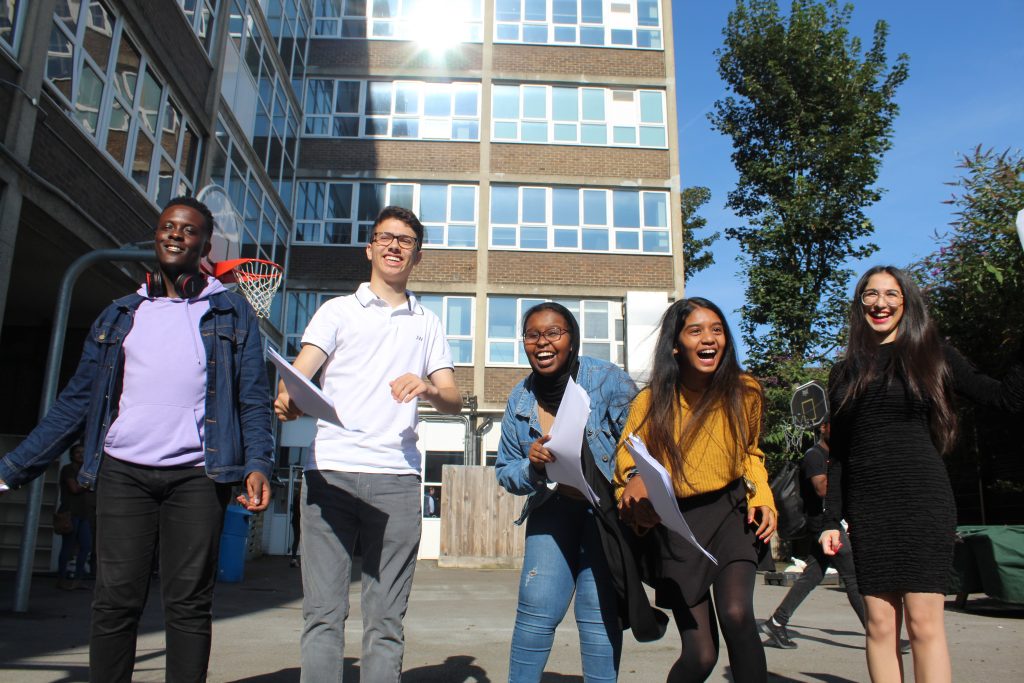By Andreas Schleicher
Director, Directorate of Education and Skills
One of the most debated findings from PISA has been that teacher-directed instructional practices tend to better predict student achievement than student-oriented learning. Some consider this a statistical fluke; but it has been a consistent finding. Others suggest it’s simply that teacher-directed instruction is more common in the high-performing East Asian countries that do well in PISA for other reasons; but the pattern is clearly visible in both East and West. Yet others suggest that teacher-directed instruction only prepares well for tests predicated on recall and memorisation. But that’s not what PISA is about; to do well in PISA, students have to be able to extrapolate from what they know, think across the boundaries of subject-matter disciplines, apply their knowledge creatively in novel situations and demonstrate effective learning strategies.
Maybe it’s time to stop pitting teacher-directed instruction and student-oriented learning against each other, claiming the one is old-fashioned and stifling, and the other is forward-looking and enabling. Both approaches clearly have their place.
One place that has built its success on teacher-directed instruction is Michaela Community School, based in Wembley Park, a disadvantaged neighbourhood in northern London. In every classroom that I observed, teachers made learning goals explicit, structured their lessons clearly, and asked engaging questions that stimulated higher-order thinking. No time was wasted, because students knew exactly what to expect. There wasn’t any of the rote learning that people often associate with teacher-directed instruction, all students were challenged at every moment to find alternative ways to solve problems, and to communicate their thinking processes and results succinctly. And because students at Michaela learn how to study and work hard from their very first day, they don’t have to scramble practicing for the exam at the end, losing valuable time with test preparation. Unsurprisingly, the GCSE exam results at Michaela are very good and Ofsted, the UK government’s Office for Standards in Education, recognises the quality of education as outstanding, something one doesn’t often see in this neighbourhood.
Pupils need to appreciate that success requires hard work, but Michaela also ensures that pupils who are struggling receive the support they need… PISA also shows that disciplinary climate is closely associated both with student academic achievement and students’ sense of well-being.
Education at Michaela builds on the understanding that learning is sequential, and that mastery of earlier tasks is the foundation on which proficiency in subsequent tasks is based. For teachers, that means that they do not vary the learning goals, which hold for the entire class, but that they do whatever is needed to ensure that each student has the opportunity to learn the material in ways that are appropriate to him or her. In one of the maths lessons that I observed, a teacher offered one of the children three opportunities to solidify her understanding of fractions; and by asking her to explain her thought processes, not just the student but the whole class advanced. Because all students succeed at completing each successive task, the result is less variation and a weaker impact of socio-economic background on learning outcomes.
While memorisation is an important part of classroom practice in Michaela Community School, it is not simply about reproducing facts and figures, but based on the understanding that a broad and multifaceted knowledge base is the foundation for developing an informed and differentiated opinion. I saw that during the school lunch where I ate at a “family table” with a group of sixth graders. The children were awake, curious and caring. Coming from very different ethnic and social backgrounds, they shared an identity about learning and they were very proud of their school. They discussed the lunch topic of the day – what it takes to run a marathon – with the same interest and energy as they peppered me with questions about my life and education. The high demands the school places on them have not made them anxious, but rather more ambitious. They are aiming for Oxford and Cambridge. They listened carefully to me and to each other, and cared that we all had enough to eat. After plates were cleared, children from each table offered “appreciations” to their classmates, teachers and parents, thanking someone who has been particularly helpful to them.

When I met Katharine Birbalsingh, the principal and founder of Michaela, after lunch, she summarised the skills she seeks to develop amongst these children as “working hard and being kind”, an aspiration that is as powerful as it is simple. Pupils need to appreciate that success requires hard work, but Michaela also ensures that pupils who are struggling receive the support they need. Discipline is an essential part of this, every detail of the school day is designed to maximise learning and minimise distractors. Even the transition between classes follows a strict protocol, with the children silently proceeding to their next classes. Frankly, that’s the part where I find trouble with the school’s approach, and would choose a different environment for my children. But as Birbalsingh explained, this removes the space for the social ills that overshadow learning in so many schools.
What is noteworthy is that no one here is yelling or imposing discipline through external pressure. Instead, discipline is created through structure, predictability and ownership. The children I met appeared happy and confident. And that, again, chimes with one of the main lessons from PISA: a positive disciplinary climate is one of the best predictors of better education and social outcomes. Children appreciate a school environment where bullying is unusual, where they do not feel awkward or out of place, and where establishing genuine and respectful relationships with teachers is the norm. PISA also shows that disciplinary climate is closely associated both with student academic achievement and students’ sense of well-being.
Principal Birbalsingh listened to the research findings from PISA with great interest, but she founded her school on something simpler: common sense.


